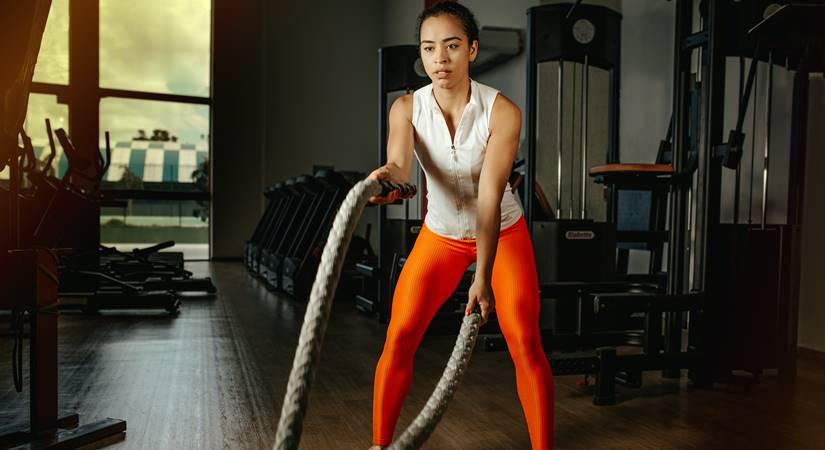To Burd’s surprise, the results showed no significant difference between the two diet groups in terms of muscle-building effectiveness. “That was unexpected,” he said. “We also found that how protein was distributed across meals throughout the day didn’t impact the rate of muscle growth
Whether you follow a vegan or omnivorous diet, it makes no difference to your muscle-building efforts after weight training, according to a new study from the University of Illinois at Urbana-Champaign. Researchers found that the source of protein—whether plant- or animal-based—has no impact on muscle gain following resistance exercise. The study, published in the journal Medicine and Science in Sports and Exercise, also challenged two other widespread beliefs about protein consumption and muscle development.
“The longstanding belief was that animal-based protein sources were superior for building muscle,” said Nicholas Burd, professor of health and kinesiology at the university. “But we’ve found that when consumed as part of a well-planned diet, plant-based proteins can be just as effective.”
The team conducted a tightly controlled trial involving 40 healthy adults aged between 20 and 40 who regularly engaged in physical activity. Before the intervention began, participants followed a seven-day “habituation diet” to ensure standardized nutritional conditions. After this phase, they were randomly assigned to either a vegan or omnivorous diet for the duration of the study.
Approximately 70 percent of the protein in the omnivorous meals came from animal sources such as beef, chicken, pork, dairy, and eggs. The vegan diet, meanwhile, was designed to deliver complete proteins by balancing amino acid profiles across meals.
All participants took part in resistance training every three days. Muscle protein synthesis—the process by which the body repairs and builds new muscle tissue—was then measured to determine the impact of diet.
To Burd’s surprise, the results showed no significant difference between the two diet groups in terms of muscle-building effectiveness. “That was unexpected,” he said. “We also found that how protein was distributed across meals throughout the day didn’t impact the rate of muscle growth.”
This finding contrasts with earlier studies that suggested a steady intake of protein—especially lower quality or plant-based protein—might require more careful distribution to stimulate muscle development.
“It was thought that evenly spacing protein throughout the day would provide a better stimulus,” Burd noted. “And we assumed lower quality proteins might benefit more from this approach. But surprisingly, that wasn’t the case.”
The findings offer practical takeaways for athletes, fitness enthusiasts, and anyone interested in gaining muscle through diet and exercise.
Now, when asked what kind of food is best for building muscle, Burd keeps it simple: “It’s the kind you put in your mouth after exercise. As long as you’re consuming enough high-quality protein overall, the type—animal or plant—doesn’t really matter.”
These insights could shift how we think about protein recommendations in sports nutrition and further validate vegan diets as viable options for muscle growth when properly planned.










